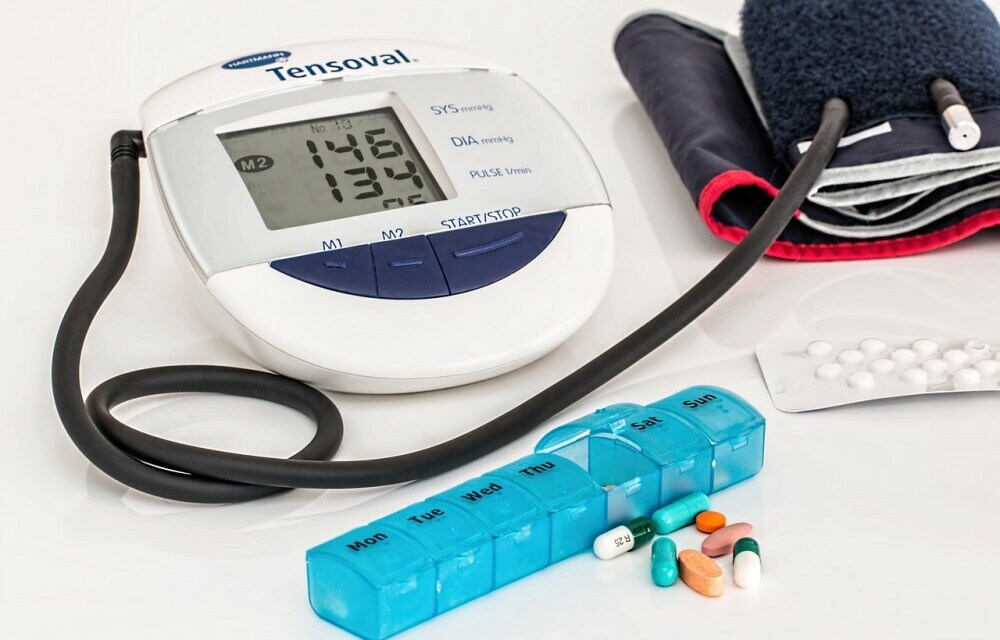You might not see them coming. ‘Silent killer diseases’ is a term that strikes an ominous chord, and for good reason. These illnesses creep into the lives of adults without the usual fanfare of symptoms, often going unnoticed until they’ve firmly taken hold. In this section, I’ll explain what they are and why their stealthy nature makes them especially dangerous.
Silent killer diseases come in various forms, but they share a common trait: a lack of early warning signs. High blood pressure, diabetes, chronic kidney disease, and certain types of cancer all wear this label. Each one can lurk in the background, inflicting damage without significant symptoms to alert you of their presence.
For adults, the prevalence of these conditions is not just a matter of concern; it’s a clarion call for vigilance. Consider that many of us might go years without any overt signals, making regular health checkups not just beneficial, but potentially life-saving. It’s a stark reminder that being proactive is paramount, as early detection is key to managing these conditions effectively.
Perhaps the most unnerving aspect of silent killers is that by the time one feels the impact, the disease may have already progressed to a more advanced stage. This makes the fight against them all the more challenging and underscores the need for awareness and education.
As we move to the next section, keep in mind that knowledge is your first line of defence. Understanding the risks and mechanisms of high blood indications, starting with blood pressure, sets the stage for proactive health measures. Regular check-ups are your ally, and lifestyle choices play a starring role in your well-being story. Let’s look closer at how the silent tide of high blood pressure can begin and the cardiovascular risks it poses.
The Silent Tide: High Blood Pressure and Cardiovascular Risks
Often called the ‘silent killer,’ high blood pressure, or hypertension, creeps up without warning signs. It’s easy to overlook, which is why hypertension is particularly dangerous. Adults going about their daily routines might not realise they’re at risk for heart disease, the world’s leading cause of death.
High blood pressure doesn’t discriminate; it affects adults of all ages, ethnicities, and backgrounds. It’s a condition where the force of blood against artery walls is too high, eventually causing health complications, including heart disease and stroke. What’s alarming is you may feel perfectly fine while your blood pressure tells a different story.

Several lifestyle factors can turn the tide on your blood pressure. Poor diets, high in salt, fat, and cholesterol, can increase risk, as can a lack of exercise. Excess alcohol intake, smoking, and enduring stress can further compound the problem, sending your blood pressure to dangerous heights.
Emphasising the severity of unchecked blood pressure leads directly to the essential role of regular health screenings. These check-ups are VAULTS of information that can alert you and your healthcare provider to hidden risks, allowing for timely intervention. Remember, you wouldn’t detect a silent alarm if you never tuned in to listen; the same goes for your blood pressure.
The Sugar Snare: Diabetes Mellitus Unveiled
You might not see it coming. Diabetes, particularly Type 2, is one of those conditions that tends to sneak up on people. It’s dubbed a ‘silent killer’ because it can develop over years without overt symptoms, gradually undermining health.
What makes Type 2 Diabetes such a quiet threat is its close ties to lifestyle choices. Factors involving diet, activity level, and even sleep patterns can all play a role in the onset of this disease. Poor food choices and a sedentary lifestyle, often components of modern living, are significant risk factors.

You’re not powerless, though. Understanding that obesity is a leading driver of diabetes is your first step to defence. A balanced diet and regular exercise can not only prevent but also, in some instances, reverse the progression of diabetes.
Genetics can be influential. If there’s a history of diabetes in your family, your vigilance needs to be sharper. Regular health checks, including blood sugar evaluations, become twice as important.
And the management? It’s a lot about routine. Routine health-check ups, routine blood sugar monitoring, and maintaining a routine in your lifestyle adjustments are vital. Keeping diabetes in check means keeping these routines.
Imagine your body as a complex machine where every part works together. Neglecting the signs of diabetes means one crucial component might fail, and that can lead to other health issues. That’s why, after discussing diabetes, it’s critical to segue into the next silent menace: Chronic Kidney Disease (CKD). This condition is not only related to diabetes but can also be its complication, making awareness all the more crucial.
Deadly Whispers: Recognising Chronic Kidney Disease
Chronic Kidney Disease (CKD) is a health concern that typically advances quietly, undermining kidney function without clear warnings. In this stealthy progression, the kidneys, vital organs for filtering waste from the blood, gradually lose their efficiency. This condition affects millions, yet many remain oblivious until the damage reaches a severe stage.
Understanding the function of the kidneys is paramount. They balance electrolytes, control blood pressure, and produce the hormone that prompts red blood cell production. Any disruption to these tasks can have widespread health implications. CKD often flies under the radar because its early signs, such as fatigue or changes in urine habits, are easily dismissed or attributed to less serious conditions.
Early detection of CKD is possible with blood and urine tests that measure kidney function and detect protein leakage, respectively. Keeping other health conditions like diabetes and high blood pressure under control is also vital, as these are common contributors to kidney damage. A focus on preventive measures such as a balanced diet, regular exercise, and avoiding unnecessary medications can help maintain kidney health.
The intervention at this pivotal moment can slow CKD’s momentum and improve outcomes. Embracing lifestyle modifications, adhering to treatment plans for existing conditions, and staying hydrated can all form part of a proactive kidney care strategy. By raising awareness about the silent nature of this disease, I urge you to get routine check-ups, especially if you’re at higher risk due to conditions like hypertension or a family history of kidney disease.
Now, if we turn our attention to the next silent scourge, it’s essential to understand the broader implications of these diseases. Both CKD and cancer can have dire consequences if left unchecked. Navigating into the next section, I’ll shed light on cancer, another silent killer that often evades diagnosis until it’s advanced. Awareness and screening are powerful tools, and illustrating their significance can mean the difference between life and death.
Igniting Awareness: Living Proactively Against Silent Killers
I must stress the importance of staying informed. Knowledge is a potent shield against the stealthy nature of silent killer diseases. By understanding the risk factors, you can take charge of your health and be proactive rather than reactive.
Consider this a call to action. Don’t wait for symptoms to tell you something is wrong. Make regular health screenings a priority. Your doctor can often catch issues before they become serious if you stay on top of these appointments.
It’s all about the small, consistent steps. Revamping your diet, increasing physical activity, and managing stress can have a big impact. These choices build a robust defence, reducing your risk of becoming part of the worrisome statistics.
Remember, support networks, whether family, friends, or community groups, can provide motivation and guidance. You don’t have to face these threats alone. Lean on others and share your concerns and strategies for a healthier lifestyle.

If you take away just one thing, let it be this: vigilance is your greatest ally. By staying vigilant, you can protect your health against silent killers and improve not just your lifespan but your life quality.
